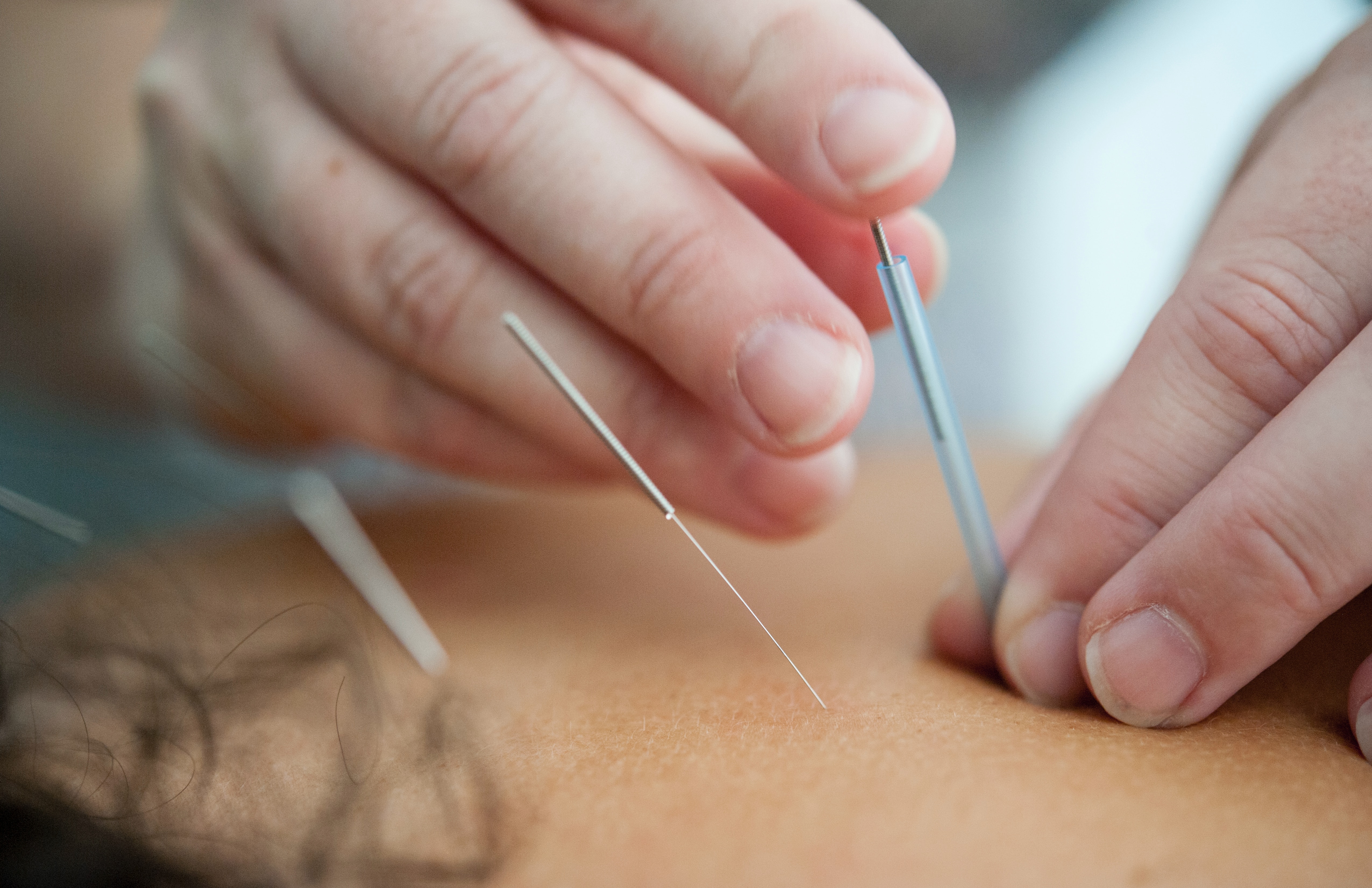Acupuncture
Acupuncture is, simply speaking, the insertion of hair-thin needles into points on the body to help the body. We can treat a surprising variety of conditions using this method. The needles are often not placed where the problem area is, but distally. The overall method I use involves balancing the entire system using one or a few needles, which often has deep and far-reaching effects as well as resolving the symptom.
Does it work?
Yes. Acupuncture can work in cases of acute pain as well as chronic conditions. It can take a single treatment, but more often requires at least a few treatments for lasting results.
How does it work?
Acupuncture ensures the proper circulation and flow of blood, energy, and fluids throughout the body. Disease is considered to be a problem of circulation through the tissues and organs; therefore, restoring that circulation can both alleviate symptoms and treat the root of the problem..
Does it hurt?
Acupuncture can sometimes pinch, and sometimes be painless. I aim to treat as painlessly as possible and with as few needles as possible while resolving your problem most effectively. Any pain that is felt is only momentary, and most people find acupuncture treatments to be relaxing.

